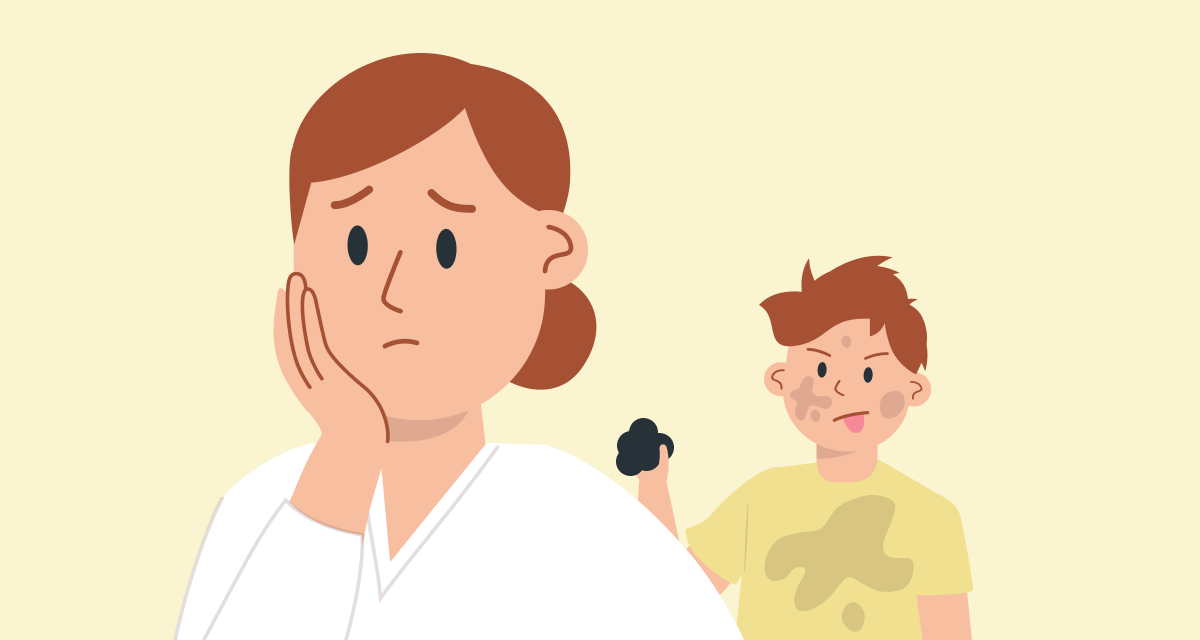Is It My Fault if My Child Doesn’t Listen?

It’s something almost every parent has faced: you say something to your child in a calm, patient, even firm voice, and get silence in return. Or yelling. Or a stubborn “I don’t want to.” At some point, the thought might creep in: “Am I a bad parent?”
Take a breath. These thoughts are completely normal. Let’s look at why kids sometimes don’t listen, and what that actually means for you as a parent.
💥 Why Don’t Kids Listen?
Not listening isn’t always a problem. Sometimes it’s just a way for a child to express themselves.
A toddler might simply not hear or understand what you’re saying when they’re deeply focused on play. A teenager might push back to assert independence. This is how kids test boundaries and learn to say “no”, a skill they’ll need later in life.
Sometimes “not listening” is a sign of tiredness, anxiety, frustration, overstimulation, or even something physical, like hunger. Some kids shut down when they feel unheard. And sometimes it’s not about what you say, but how you say it. Maybe the words are too complex, too sharp, or don’t account for the child’s emotional state.
👉 None of this means you’re failing. If your child isn’t listening, that doesn’t mean you’re a bad parent. It means they’re learning how to interact with the world, and they’re doing it in a safe space with you.
🤧 Why Guilt Doesn’t Help
Guilt is common. We want to be “perfect,” we worry about “messing up” our kids, and we compare ourselves to others or to curated moments on social media.
But guilt clouds your perspective. It leads to frustration, and it distances you from your child. What your child needs isn’t a perfect parent; they need a real, reliable adult. Someone who stays close, even when things get tough.
🔀 How to Gently Guide Behavior
Sometimes a small shift in how you interact makes all the difference. Here’s what might help:
- Start with eye contact and gentle touch. Sit next to them, touch their shoulder, look into their eyes.
- Speak simply and clearly. Not three long sentences, just one short, straightforward one.
- Offer a choice. Not “Get dressed now,” but “Do you want to put on your hat or coat first?”
- Validate their feelings. “I get that you don’t want to go, but we need to. I’m here with you.”
- Repeat calmly. It’s okay to remind them more than once. The key is to stay kind and steady.
These strategies aren’t about strict control. They’re about connection, and about respecting the child. They help your child learn how to listen, and how to feel heard, too.
It’s not a failure if your child doesn’t listen. And it certainly doesn’t mean you’re a bad parent. It means you’re trying. You’re asking questions. You’re showing up and looking for understanding.
References:
- Complete Guide to Managing Behavior Problems, Child Mind Institute, 2024
- Correcting Behavior in a Child Who Won’t Listen, Parents, 2023
- 13 Reasons Why Your Child Doesn’t Listen, Psychology Today, 2023
Проверьте электронный ящик



















